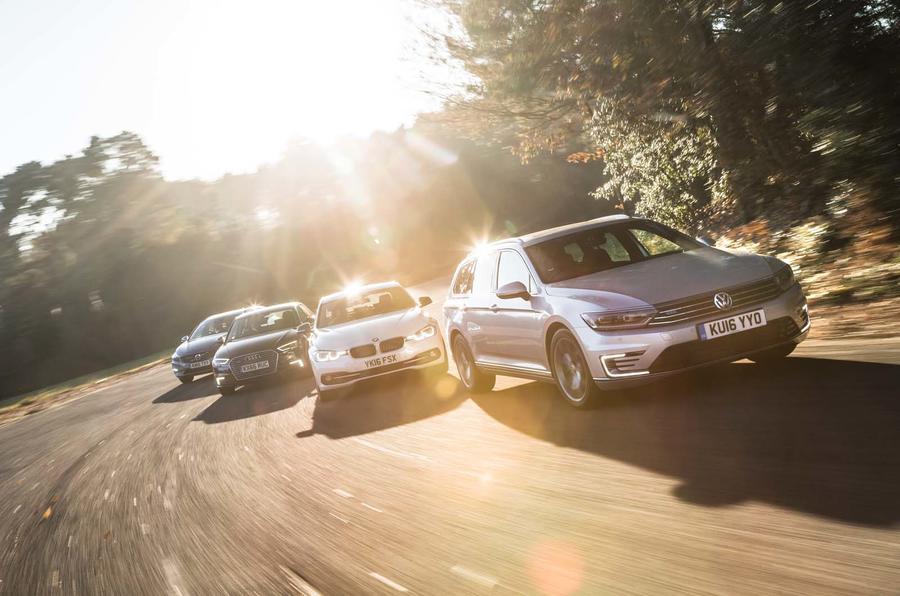History has shown that if you rip out incentives for electric vehicles, then the market dramatically shrinks – so why did the UK Government cut the car grant for plug-in hybrids last month when it claims to want us all to be driving electrified cars in the not-so-distant future?
The Government argues the purchase grants it introduced in 2011 have lowered the price of around 100,000 plug-in hybrids since and that the market is now “established”. It’s keeping grants for pure electric cars, albeit at a reduced level.

Whether the demand is established or not is tricky to define. Yes, the UK is the largest market for plugin hybrid cars in Europe, according to JATO Dynamics, beating even Germany and Norway. In the UK, they also outsell electric cars at the rate of three to one. But at 33,584 sold to the end of September, plug-in hybrids such as the Mitsubishi Outlander PHEV, BMW 330e and Volkswagen Golf GTE still only account for 1.8% of the UK market.
JATO reckons that’s not established enough and believes sales will plummet. “The only advantage PHEVs have is their incentive,” said global analyst Felipe Munoz.
Just look at the Netherlands. Our neighbour was the leading market in Europe for plug-in hybrids in 2015 thanks to generous tax incentives for company car drivers. But when the government analysed data from fuel cards, they got a surprise: drivers just weren’t plugging them in. To them, the incentives made the extra fuel drunk just running them as a regular car more than worth it. The incentives quickly shrank and the market collapsed. The Netherlands didn’t even make the top 10 European markets for plug-in hybrids this year.
The Dutch experience was behind our government’s decision, one senior industry figure believes. “We’ve known for some time that some ministers were heavily influenced by the Netherlands report on PHEVs,” they said. Despite lobbying from the car makers to say that, unlike the Dutch, UK drivers were in fact plugging in their cars and thus cutting CO2, the Government removed the £2500 purchase grant.












Join the debate
Add your comment
Thanks for nice share.
Thanks for nice share.
prize bond online check 750
Test result
http://ntstestresults.org/
Good riddance
The several Mitsubishi Outlanders round here are referred to as “Look, another new Mitsubishi Tax-Dodge”. Over-weight, over complicated and from a brand that no one lusts after in West London Yummy Mummy Country - except when it’s a mega fiscal advantage. Thankfully, the government has seen through this for what it is: a dead end. Now , Mitsubishi, how about making something that really helps the planet ?
The Outlander PHEV is about
The Outlander PHEV is about the same weight as its rivals - lighter than some versions of the considerably smaller Evoque. It is a pretty simple car mechanically too.
If fools buy them as a tax dodge and don't plug them in it isn't the fault of the car
Clarkey wrote:
That last sentence is a good point well made...but you cannot criticise a fleet car driver for choosing a vehicle that suits their personal work tax position and chooses to put the planet into second place. It would have been the fleet manager who signed off on that car, who could have/should have warned prospective user choosers that a certain mileage %age, would have to be covered under electric power alone...again their choice to make.
Like to think that this scenario was foreseen by the civil servants, who felt that the more pressing positives in enabling these tax advantages, were in the long term ,more important.